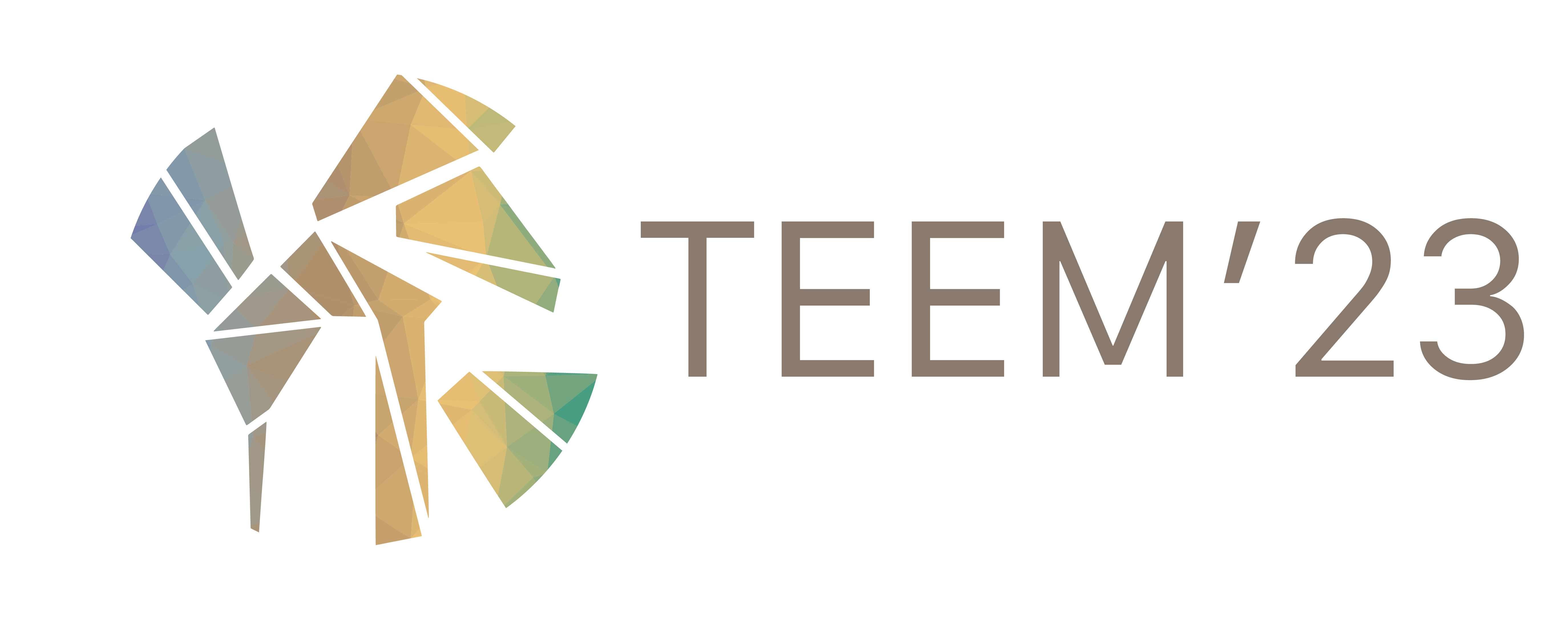Generative Artificial Intelligence (AI) is a subset of AI that is able to create original content, such as text, images, and sound. Generative AI models use techniques such as machine learning and natural language processing to create new and unique content based on input data. One example of a generative AI model is a language model like OpenAI’s ChatGPT, which is able to generate human-like text based on the input prompt given to it. Additionally, models like GPT-3 can also be used for tasks such as text completion, translation, and summarization. Generative AI has the potential to be used in a wide range of applications such as content creation, language education, and as a tool to support student learning. The use of generative AI in educational settings is becoming increasingly popular, and this track aims to explore the management and integration of these models in the classroom, including the challenges, opportunities and ethical considerations. It will focus on how to effectively utilize AI capabilities to enhance learning experiences, and how to use generative AI as an assessment tool and for providing feedback to students. It also covers the impact of AI tools on academic integrity, and how to maintain academic standards. Additionally, best practices for managing and monitoring AI models in educational settings, and ensuring the originality and authorship of AI-generated content will be discussed. This track aims to explore the management and integration of generative artificial intelligence (AI) in educational settings. It will focus on the challenges and opportunities that arise when implementing generative AI in classroom instruction and curriculum development, as well as the ethical considerations and best practices for managing AI models and data in an educational setting. One of the main challenges when incorporating generative AI in education is ensuring that the technology is aligned with the learning objectives and instructional goals. This requires the development of effective strategies and resources that can effectively utilize AI capabilities to enhance learning experiences. Additionally, the use of generative AI as an assessment tool, and providing feedback to students using AI-generated content are addressed. The track also covers the impact of AI tools on academic integrity and how to maintain academic standards. Additionally, the track will explore the ethical implications of using AI models in the classroom. Topics such as bias, transparency, and data privacy will be discussed. Additionally, best practices for managing and monitoring AI models in educational settings will be discussed..
Topics
- Aligning AI models with learning objectives and instructional goals
- Developing strategies and resources for incorporating generative AI in education
- Using generative AI as an assessment tool and providing feedback to students
- Integrating AI models into existing curriculum
- Creating educational resources for generative AI Ethical considerations for using AI in education
- Best practices for managing and monitoring AI models in educational settings AI-generated content in education
- Examples of AI in practice in education
- Data privacy and security in AI education
- Generative AI in adaptive and personalised learning
- Generative AI in language education
- Maintaining academic integrity in AI-assisted education
- Ensuring the originality and authorship of AI-generated content
Track Scientific Committee
Daniel Amo Filvà, La Salle, Spain
David Lopez, Univerisitat Politècnica de Catalunya, Spain
Faraon Llorens, Universitat d’Alacant, Spain
Francisco Garcia-Peñalvo, Universidad de Salamanca, Spain
Jorge D. Camba, School of Engineering Technology – Purdue University, USA
Marc Alier, Universitat Politècnica de Catalunya, Spain
María José Casañ Guerrero, Universitat Politècnica de Catalunya, Spain
Rolando Chacón, Universitat Politecnica de Catalunya, Venezuela
CHAIRS:

Marc Alier
Universitat Politècnica de Catalunya (UPC), Spain

María José Casañ Guerrero
Universitat Politècnica de Catalunya (UPC), Spain

Daniel Amo Filvà
La Salle (URL), Spain,
